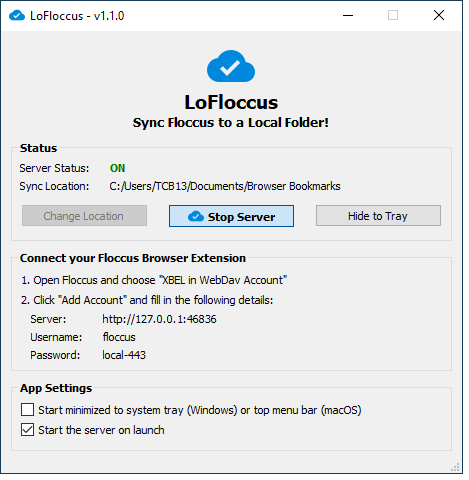A half baked idea to follow that I want to share before I forget:
I’ve always found it problematic to introduce people to TiddlyWiki because of the barrier to setting up saving. People either expect a software as a service model where the app and their data is hosted online, or the familiar paradigm of installing a local application and using it to create new “documents” etc that are saved on their computer.
TiddlyDesktop comes closest to offering this experience but has its fair share of weaknesses including not being able to use one’s regular browser, difficulty working with local files etc.
I am wondering if a similar but smoother experience could be offered with a custom WebDAV application. Looking at the code for widdler, it is ridiculously simple to create a WebDAV server in Go. Releasing precompiled cross platform binaries should not be difficult, so all you would need to do to get started with TiddlyWiki is download a single file and double click it. In fact Widdler already does a fair bit of what is needed.
One could add a GUI component to the application that when started, on first run asks you where to save your wikis. Then gives you a localhost link to click on that loads in your normal browser an admin wiki similar to what you see here, which lets you create new wikis etc. The user could set the application to start when the computer starts, and the wikis would always be available (and saveable) via a bookmarked location in their browser.
The onboarding would look something like this:
- download the application and double click it
- get prompted for a directory in which to save your file, maybe a port? with a sensible default filled in
- get a link to click to open the admin wiki which is created for you, and a message to bookmark it for the future.
- admin wiki lets you create new wikis, restore backups etc.
Still too convoluted for new users? I am not sure and it would be interesting to hear other opinions from those of you that have experience with using WebDAV with single file wikis.
